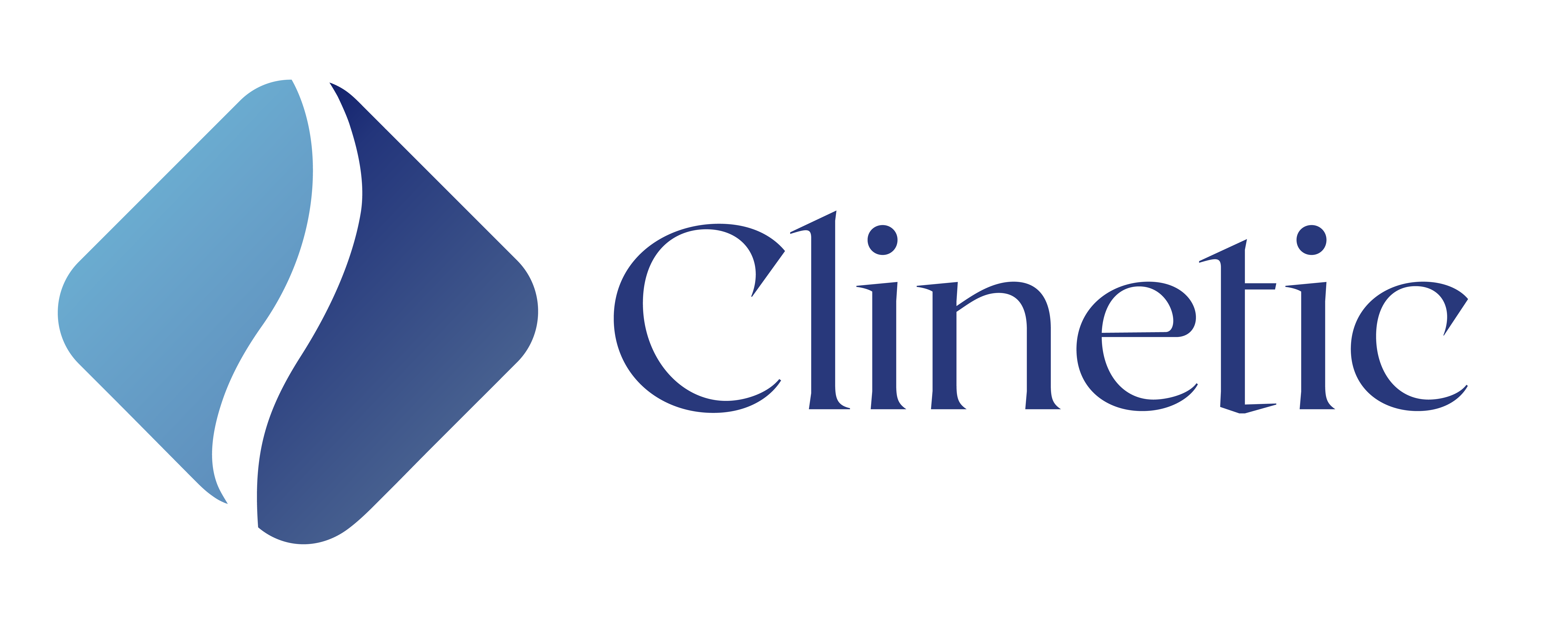
Traditional Chinese Medicine
What Is Traditional Chinese Medicine?
Traditional Chinese medicine (TCM) has evolved over thousands of years. TCM practitioners use various mind and body practices, as well as herbal products to address health problems.
Different parts of TCM:
Acupuncture
Acupuncture is a technique in which practitioners stimulate specific points on the body, usually by inserting thin needles through the skin. Studies suggest that acupuncture stimulates the release of the body’s natural painkillers and affects areas in the brain involved in processing pain. Results from a number of studies, however, suggest real acupuncture may help ease types of pain that are often chronic, such as low-back pain, neck pain, osteoarthritis/knee pain, and carpal tunnel syndrome. It also may help reduce the frequency of tension headaches and prevent migraine headaches.
Tai Chi
Tai chi combines certain postures, gentle movements, mental focus, breathing, and relaxation. Research findings suggest that practicing tai chi may improve balance and stability in older people and those with Parkinson’s disease, reduce pain from knee osteoarthritis, help people cope with fibromyalgia and back pain, and promote quality of life and improve mood in people with heart failure.
Chinese Herbal Products
Chinese herbal products have been studied for many medical problems, including stroke, heart disease, mental disorders, and respiratory diseases (such as bronchitis and the common cold), and a national survey showed that about one in five Canadians use them.
Traditional Chinese Medicine
What Is Traditional Chinese Medicine?
Traditional Chinese medicine (TCM) has evolved over thousands of years. TCM practitioners use various mind and body practices, as well as herbal products to address health problems.
Different parts of TCM:
Acupuncture
Acupuncture is a technique in which practitioners stimulate specific points on the body, usually by inserting thin needles through the skin. Studies suggest that acupuncture stimulates the release of the body’s natural painkillers and affects areas in the brain involved in processing pain. Results from a number of studies, however, suggest real acupuncture may help ease types of pain that are often chronic, such as low-back pain, neck pain, osteoarthritis/knee pain, and carpal tunnel syndrome. It also may help reduce the frequency of tension headaches and prevent migraine headaches.
Tai Chi
Tai chi combines certain postures, gentle movements, mental focus, breathing, and relaxation. Research findings suggest that practicing tai chi may improve balance and stability in older people and those with Parkinson’s disease, reduce pain from knee osteoarthritis, help people cope with fibromyalgia and back pain, and promote quality of life and improve mood in people with heart failure.
Chinese Herbal Products
Chinese herbal products have been studied for many medical problems, including stroke, heart disease, mental disorders, and respiratory diseases (such as bronchitis and the common cold), and a national survey showed that about one in five Canadians use them.



Team


Victor Cao
& Acupuncture
Victor is a Registered Acupuncturist, Registered Traditional Chinese Medicine Practitioner. He graduated from the Guangzhou University

